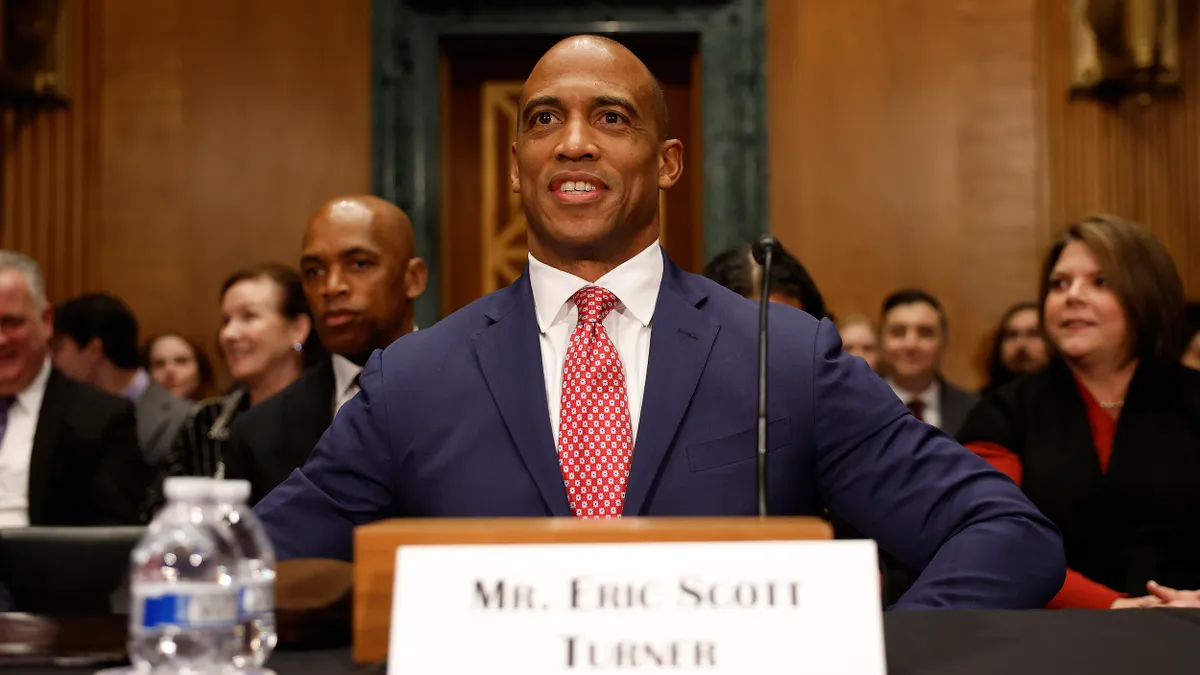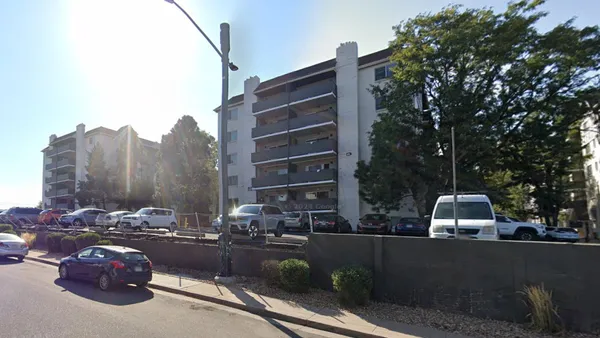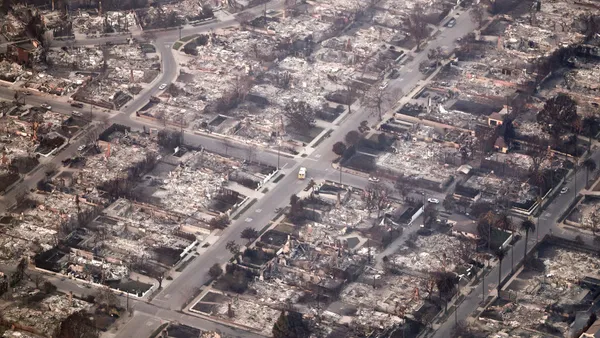U.S. mayors and housing leaders expressed guarded optimism at a recent housing summit that they could work with the new Trump administration on addressing the high cost of U.S. housing. Some, however, raised concerns that the administration’s immigration policies could worsen the nation’s housing crisis.
The National League of Cities plans to deliver the same message to the Trump administration that it had to the Biden administration: “Housing should not be a partisan issue. Housing is about people,” said Mark Shepherd, mayor of Clearfield, Utah. Shepherd spoke during an NLC housing summit at Georgetown University in Washington, D.C., on Jan. 16, just days before President Donald Trump’s inauguration.
“The way we word [the message] might be different, the way we structure it might be different, but the message will be the same,” said Shepherd, who co-chairs an NLC housing advisory group.
Areas of bipartisan agreement
A 2024 Brookings Institution report estimated the U.S. housing market was short 4.9 million units by the end of 2023. Over the past few years, a growing number of cities and states have tried to address the crisis by relaxing zoning and government regulations on existing or new housing and imposing new taxes to generate revenues that help pay for affordable housing and homelessness services, among other measures.
The Biden administration also took some action to try and chip away at the housing crisis at the federal level. However, it was never able to pass sweeping legislation to address the issue in Congress.
Adrianne Todman, acting secretary of the U.S. Department of Housing and Urban Development in the Biden administration, said at the conference that the Build Back Better bill offered federal approaches that potentially could garner bipartisan support. It would have allocated more than $170 billion toward affordable housing — including billions for expanded rental assistance; the preservation of public housing; and the construction, preservation and operation of affordable housing units. The bill died in the U.S. Senate in 2022; a revised version of it without the funding for affordable housing, the Inflation Reduction Act, was signed into law.
“Inside of that plan were some of the best ideas,” Todman said. “Some of them are bipartisan ideas. [Policies to address] anything from homeownership to homelessness is all right there.”
Tax policies that support housing could potentially be included in a tax bill that the Trump administration and congressional Republicans are pushing, said Janneke Ratcliffe, vice president of the Urban Institute’s housing and communities division, during the summit. She also said there are questions about whether deregulation around housing “could be done in an effective way.”
Gauging the new administration
While these experts see a potential path forward on housing policy, Trump’s mass immigrant deportation campaign might have an unforeseen impact. Mass deportations “could reduce housing demand in certain markets in certain cases, but it could also threaten a key part of the construction labor force,” Ratcliffe said.
NLC President Steve Patterson, who is mayor of Athens, Ohio, referred to the NLC Housing Supply Accelerator Playbook, which lists solutions cities, states and the federal government could implement to make housing more affordable.
The playbook outlines several federal funding sources and policies that could be used to support the production, preservation and improvement of housing, such as low-income housing tax credits and the Community Development Block Grant program.
“We have an opportunity” with the incoming administration to “show our nation will be so much greater when we [start] to apply what we need to our housing in this country,” Patterson said.
Both Republican and Democratic administrations are judged based on their economic performance, said Ron Nirenberg, mayor of San Antonio. Mayors need to continue holding conversations with local leaders to set the table for their housing agenda and move forward in a bipartisan manner, he said.
“We have a lot of things that appeal to Republicans and Democrats that involve housing production, preservation,” Nirenberg said. “It’s just going to require a lot of advocacy. I am a realist, but I’m also an optimist. I believe that we can do that.”











